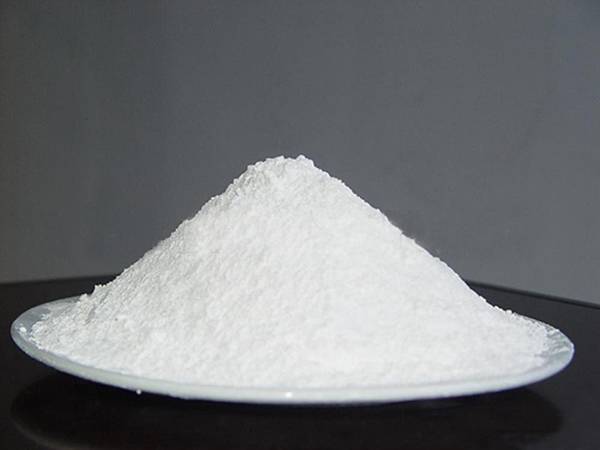



Barium Sulfate - Chemical Properties, Uses, and Applications
Barium sulfate, with the chemical formula BaSO₄, is an inorganic compound widely recognized for its applications in various industries, particularly in the field of medicine and materials science. This compound appears as a white, crystalline solid and is known for its low solubility in water, making it an excellent choice for various applications where chemical stability is required.
.
In addition to its medical applications, barium sulfate plays an essential role in the manufacturing of paints and coatings. Its fine particle size and high opacity make it an ideal pigment, providing coverage and durability while preventing the formation of cracks. Furthermore, barium sulfate is used as a filler in plastics and rubber, offering improved mechanical properties and enhancing the overall quality of the final product.
formula barium sulfat

The compound is also employed in the oil and gas industry as a weighting agent in drilling fluids. The high density of barium sulfate helps control the pressure during drilling operations, preventing blowouts and ensuring the safety and efficiency of the drilling process. Moreover, its inert nature makes it suitable for use in various chemical processes without reacting adversely with other substances.
Environmental safety is an important aspect of the use of barium sulfate. Unlike other barium compounds, barium sulfate is considered non-toxic and environmentally friendly due to its insolubility. This characteristic minimizes the risk of barium entering the water supply and causing potential harm to ecosystems.
In conclusion, barium sulfate is a versatile compound with significant applications across multiple industries. Its unique properties, such as radiopacity, low solubility, and chemical stability, make it indispensable in medical imaging, manufacturing, and drilling operations. As research continues to evolve, the potential uses of barium sulfate may expand, further solidifying its importance in modern technology and healthcare.
-
Why Strontium Carbonate Still MattersNewsJun.06,2025
-
Why BaSO4 MattersNewsJun.06,2025
-
Why Barium Carbonate Still MattersNewsJun.06,2025
-
Strontium Hydroxide: A Versatile Compound for Modern ApplicationsNewsJun.06,2025
-
Strontium Chloride in Daily IndustryNewsJun.06,2025
-
Pure Potassium Nitrate for SaleNewsJun.06,2025
-
What Is Sodium Bisulfate Used For?NewsMay.15,2025










